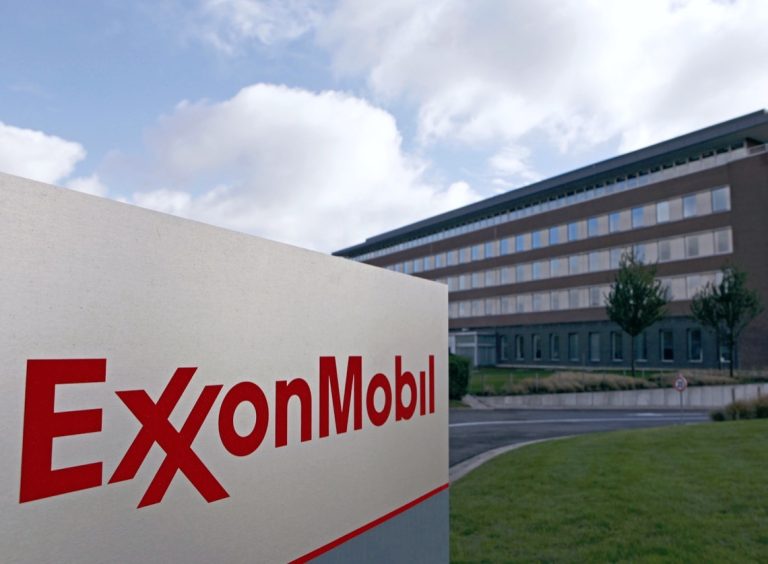
Exxon Mobil released a report on Monday predicting that oil demand will “plateau” in 2030 and remain fairly stable over the next 20 years – a forecast that is far removed from the political narrative of a “transition to green energy” . [emphasis, links added]
Exxon Mobil's oil demand “plateau” is calculated at 102.2 million barrels per day, roughly equivalent to last year's global demand.
The report predicts that developing countries will significantly increase oil consumption, while the United States and Europe will reduce demand to maintain this balance.
The report's overall vision is of a much slower, limited and realistic “transformation” than environmentalist politicians demand.
If the reported predictions are correct By 2050, more than half of the world's energy will still come from fossil fuels, but emissions will be reduced by 25% due to cleaner and more efficient methods of burning these fuels.
“Renewable energy will play an important role. So will oil and gas.
Although coal is reportedly one of the fuels most despised by the climate change movement, it also has a key role to play.
The report predicts that oil and gas will account for 54% of global energy by 2050, followed by “renewable energy” (wind, solar and hydropower) at 15%, and coal at 13%.
Among the top five energy sources, bioenergy accounts for 10% and nuclear energy accounts for 6%.
Bioenergy is largely about converting plant matter into liquid fuels such as ethanol and methane derived from herbivore waste.
One of the reasons for the growing interest in bioenergy is that it can be combined with coal burning to sustain coal's energy output with lower emissions. This is one of the reasons why environmentalists are unhappy with bioenergyplus they believe it releases too much carbon into the atmosphere, causing climate change.
By 2050, coal plus bioenergy will account for 23% of global electricity generation, while oil and gas will continue to account for more than half. This is not the “energy transition” that climate activists have in mind.
Exxon's oil demand forecast is significantly higher than that of rival BP, which in a similar report this year projected demand of just 75 million barrels per day (compared with Exxon's 1.02 million barrels per day) billion barrels).
Both forecasts are well above the International Energy Agency's (IEA) vision of a truly climate-sensitive consumption of 55 million barrels per day by 2050.
However, even ExxonMobil's optimistic forecast is lower than that of the Organization of the Petroleum Exporting Countries (OPEC), which says oil demand will reach 116 million barrels per day in 2045.
ExxonMobil analysts insist BP got it wrong and the IEA was just daydreaming.
The Texas oil company warned politicians and investors that it was basing its plans on consumption of less than 102 million barrels per day – or use raw political power to try to push demand below that level – will lead to a global oil crisiscould increase crude oil prices by 400% or more.
Read Breitbart's “Break”
